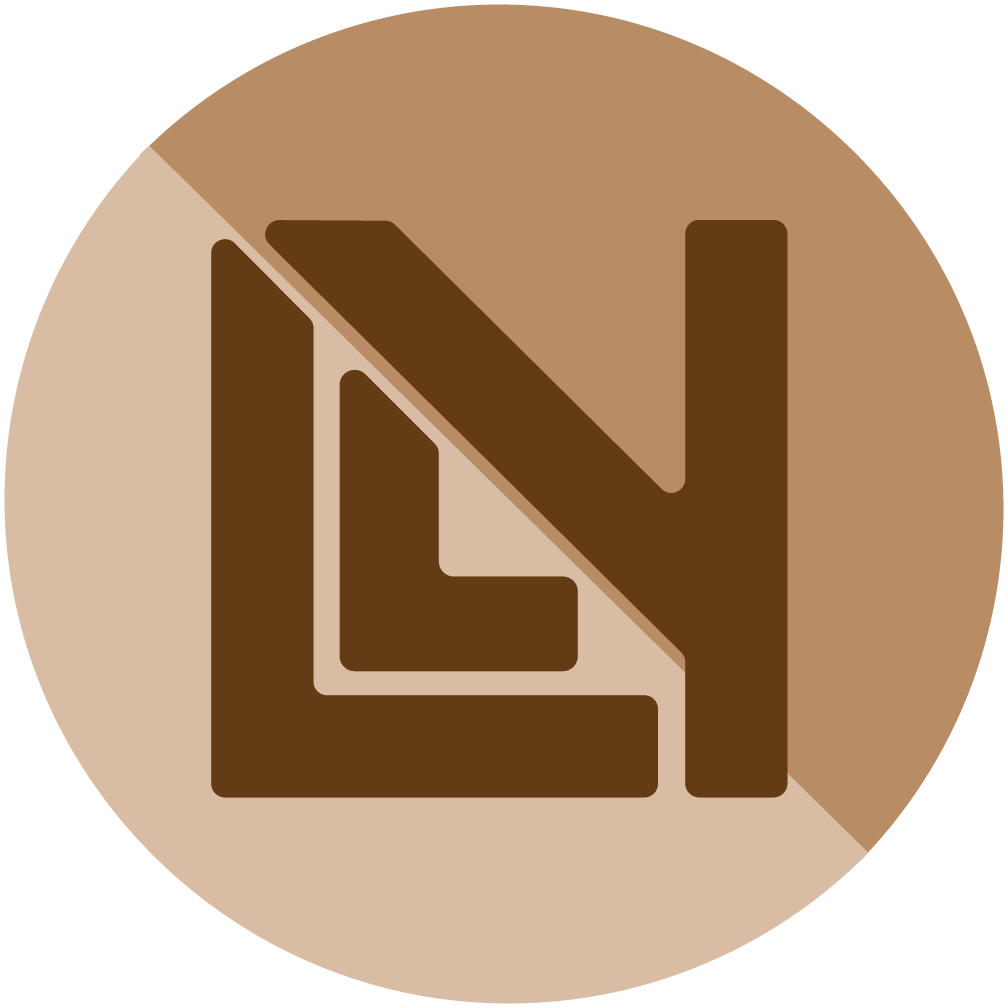
Vol 9: Leading with endurance
Some years back, I had a rough experience starting a new job.
New jobs are strange, right? There's so much joy and excitement from going through that journey, interviewing, and finally finding one. I was excited. It included a pay raise, and the project sounded exciting.
But at the same time, new jobs are a bit strange because you're also starting from the beginning all over again. You have to build new relationships, learn how to work with a new boss, figure out how you fit in to a new team, and absorb a bunch of new information and acronyms.
In my case, I was also processing a lot of emotions about myself and navigating doubt that I could even do that job. I was certain that any day, they would realize their mistake and let me know this wasn't going to work out.
So I was in this weird place, and on top of that, the project turned out to be really hard. The new teammates were tough to work with. I felt minimized and ignored by key decision-makers. I had no sense of pride in what we were building and I wasn't sure how to turn it around.
It was the first time I had ever contemplated leaving a job a month after I started it.
After talking with close friends, looking for answers in my spiritual life, and thinking long and hard, I decided to stick with it.
I started learning and doing a lot of the things I teach now in my workshops: Methods for bringing people together and helping them accomplish their goals and ways to influence other people toward better outcomes. It's when I first started thinking seriously about what leadership looks like, even when my role and title had nothing to do with management.
Ultimately, l was able to make some progress. That project got better. I learned a lot. But it took a long time—probably a year and a half—before I saw signs that some of the tougher personalities were open to what I had to say.
I share this story because sometimes, when people share about work challenges, it sounds like the solutions were quick fixes. A conversation. A method. An interaction. Then things are back on track.
But sometimes, sticking with something for a long time is the fix.
Any time you have to collaborate with other people, it involves building trust, and that always takes time. It takes a lot more time if the people involved have had bad experiences with each other or are starting off with really opposing views. On top of all that, lots of times the things that make it hard are caused by the organization, and they're outside your control.
When I've told this story to other people in the past, they often ask why I chose to stay, which is fair. All I can say is it was the right decision for me at the time.
However, if you're in a situation like this and you're wondering how to get through it, here are a few things that I think help.
-
Cultivate your whole self. I was intentional about disconnecting from these problems and spending time with my family and friends. I took time for side projects and other things I was passionate about. This helped the challenges seem less like they were reflections on me. I could treat them as they were: Tough things that weren't my fault, but that I might be able to help with.
-
Find fulfilling relationships. Sure, the project was rough, but I still worked with a lot of great people. Even if we weren't on the same project, taking time to talk with them and learn from them filled me up with a lot of energy, and it made me feel a lot less alone. Some of these friends I'm still in contact with, years after leaving that job.
-
Stay focused on your own goals. There was a lot of career stuff I wanted to do outside of the project. I wanted to learn new skills, so volunteered to take on some training and be part of a group that helped with special projects. I still wanted to speak, teach, and write about my work, so I made space for that. While the hard project took up most of my hours, it didn't have to dominate my headspace or define success for me.
None of this is easy. Waiting is hard. Tough problems are, of course, hard. But if this is something you're going through, I hope this helps you find a way to thrive through it all.
Real leaders: Mario Ferrer
Each month, I ask a leader in my own life to share who they are and what leadership means to them.
Mario describes himself as a father, designer, and constant learner who enjoys eating tacos, listening to cumbia, and crossfit.
Here's how Mario thinks about leadership, in his own words:
Throughout the years I've learned that it's not about me. It's about the folks I design with and how I can help them do their best work. And to do that, they must feel trusted, safe, and in a space where they can share, because listening is key. Really listen to what folks have to say and what's on their minds, and rather than point them in a direction, help them find that path, even if you give them a gentle nudge from time to time. I also believe in kindness as an approach, because you never know what people are struggling with and I take that into account every time I have a conversation, especially when it's a tough one. And like coach Bennett says, it's about finding different ways to measure success and celebrating the small wins. We tend to be too hard on ourselves all the time because we don't stop to look at all we've accomplished. That's why I'm now making a conscious effort and inviting my team to stop and look back, to the sides, up, down, and ahead.
Thanks, Mario.
New workshops this summer
I've launched a workshop for early July that is designed for anyone, in any field. It's about collaborating with confidence, and it's a shorter, lighter version of the popular workshop I've been teaching for writers. I'm so excited about this one, and I'd love to see you there. There's still a little time to get the early discount, and equity scholarships are available.
Get details on the collaborating with confidence workshop
There are also two more workshops on how to influence design as a writer on the schedule. One in late July for the APAC audience and another in August at an Americas-friendly time. Equity scholarships are available for these as well.
Get details on the two upcoming influencing design as a writer workshops
It's been so encouraging to hear what students have had to say about these. Here's a quote from a recent attendee.
The exercises that we did can be applied to my current job and got the wheels turning about how I could handle some of the current challenges I'm facing. I also loved the focus on the different types of leadership. Some of them surprised me, but it was great to stop and think about how I can lead and influence.
- Jennifer
That's all for now. If you have any questions or ideas, I'd love to hear from you.
You just read issue #10 of Leading like you. You can also browse the full archives of this newsletter.

